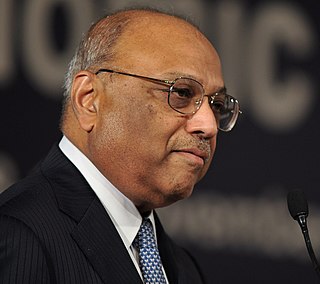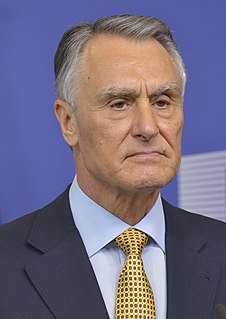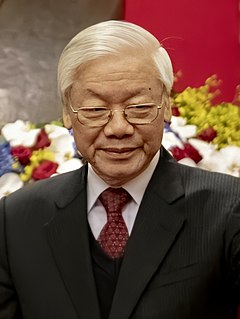A Quote by Ronnie Screwvala
For an emerging market that hopes to be the third largest economy in the world, you cannot do it without being innovative and disruptive. There is no choice in the matter.
Related Quotes
Italy is the fourth-largest economy in Europe and the eighth-largest economy in the world, and its banking system is collapsing. And Germany is desperate. It must maintain its standard of living. It can only do that with exports and Deutsche Bank is very exposed to Italian debt. But so is the rest of Europe.
Only by transforming our own economy to one of peace can we make possible economic democracy in the Third World or our own country. The present economy generates wars to protect its profits and its short-term interests, while squandering the future. Unless we transform the economy, we cannot end war.



































